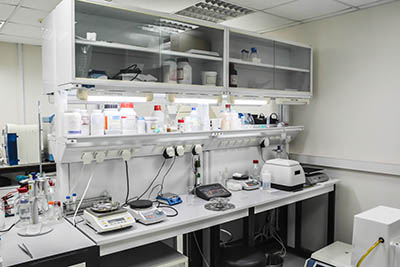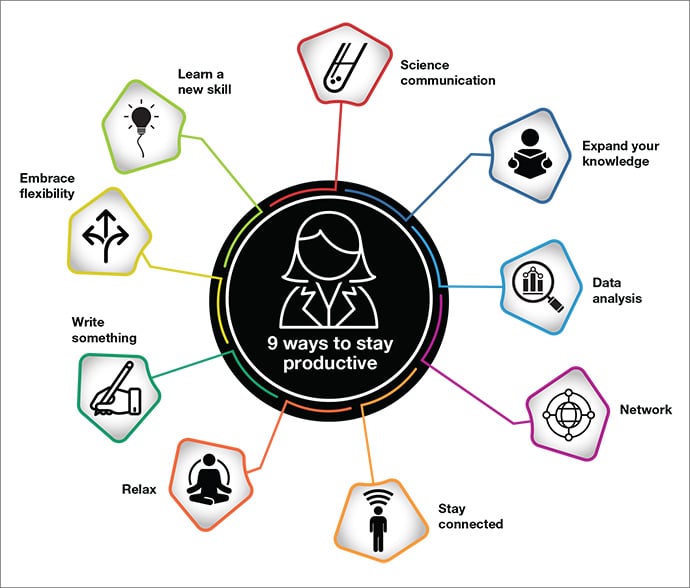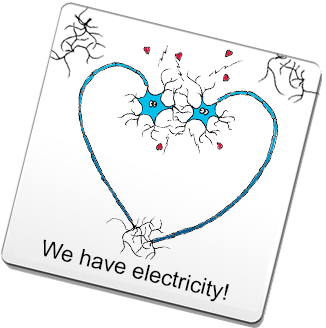
Popular topics

Keeping Distance from the Lab: 9 Ways to Be Productive

In the wake of the SARS-CoV2 pandemic, social distancing has meant that labs all over the world have needed to temporarily shut. Conferences have been canceled and scientists are self-isolating and unable to carry out lab work. In these unprecedented times, there are thankfully still things for researchers to do even without the ability to perform experiments.
In this blog we share some ways that you can still make progress on research projects and your career even in these challenging circumstances.
1)Embrace Flexibility
Many early-career researchers will also have families. Balancing a research career with family life can be challenging at times and one of the joys of being a scientist is that you have more autonomy than other professions. If schools are shut and children are at home, it might feel difficult to achieve much. Think about working flexibly at home around your children like in the evenings when they are in bed and first thing in the morning. Enjoy the opportunity to spend more time with your children than you usually would and perhaps even do some fun science experiments at home! Magnets, plastic bottle oil lamps, and lava volcanoes are always popular with young children.
2)Stay Connected
The digital age makes it easy to keep in touch with lab members. Video conferencing tools enable you to share screens to show data, hold lab meetings, weekly journal clubs, or even have a virtual tea break with the rest of your group. Many universities are also allowing your thesis defense to be done over webcam, so you could also practice a mock viva with your group if yours is imminent. Why not use this time as an opportunity to discuss results, practice presentations, and find out whether there are opportunities for collaboration within your research group, or wider.
3)Write Something
It can sometimes be difficult to find the time to write when you have experiments to carry out and data to analyze. If you are a PhD student you can use this time to plan your thesis and put results into chapters, or write a draft of your introduction. Perhaps you have a review article that you have been putting off writing, now is a great time to do it. If you have enough data for a paper, look at where you would like to submit it and start writing it up in the correct format. Look for grants that you could apply for and start working on them. When you can return to the lab and do more experiments you will feel that you have made a lot of progress towards these goals.
4)Learn a New Skill
Have you ever wanted to learn coding, or a data analysis technique? Perhaps you are considering doing a post-doc abroad and you want to brush up on your French. You now have a fantastic opportunity to invest in learning a new skill that will help you advance your career. There are lots of free online tools, including webinars, which are designed to help you learn from home. Even better, if you have a skill that other scientists could benefit from, you could share your knowledge with colleagues and earn yourself some major kudos.

5)Science Communication
Why not help inspire the next generation of scientists! Can you explain your research to non-specialists or simply explain a scientific concept to children? Depending on how creative you are, there are lots of opportunities to get involved in science communication like designing infographics, making YouTube videos, or podcasts, and writing blogs. We are on the lookout for guest bloggers for this blog so if you fancy having a go then get in touch and we can send you more information.
6)Expand Your Knowledge
Conduct a literature review and get ideas for future experiments, or read classic papers, or science books that you have always wanted to read but never found the time for. Many academic institutions have subscriptions to journals that can be accessed from home. JSTOR has granted access to journals without a login until June 30. Make a list of papers that you would like to read and read them (rather than leaving them in a pile on your desk). There are also plenty of opportunities to expand your knowledge of a technique, or learn how to troubleshoot an application. Bio-Rad has a wide selection of mini-reviews and other resources that are freely available to everyone.
7)Data Analysis
There is something very satisfying about analyzing large data sets and seeing the results. It can be very time consuming but you may discover something that forms the basis of your next grant or paper. Investigate different ways to analyze your data and check that you are using the most appropriate method for your experiments, increasing the likelihood that it will get through peer review. Share your data with your P.I. and discuss your findings with your group. Plan your future experiments so you are poised for action when you can carry them out.
8)Network
Conferences are a vital way of meeting new scientists and learning about what is going on in the field. It might feel really disappointing to have missed out on these opportunities but there are still things that you can do from home. Many research groups are active on Twitter, you can find out what they are up to and join in with conversations around the latest papers and news in your field. LinkedIn also gives you the ability to message and connect with scientists all over the world. Drop a friendly message saying that you were really looking forward to their talk at a particular conference and see what happens. Hopefully they will be happy to discuss their findings. Several meetings have moved online so keep a lookout for opportunities to take part in virtual conferences. If you are really keen, you could even consider organizing your own virtual symposium or networking event.
9)Relax
It is a strange set of circumstances that we find ourselves in. Some funding bodies are offering to extend grants to help ease some of the pressure. It is helpful to remind ourselves that we are not alone in this situation and while it may be frustrating at times, try to take as many positives from the experience as possible. If you are feeling overwhelmed, you could try relaxation techniques like mindfulness, meditation, breathing techniques, yoga or another approach that you find effective.
Share Your Tips
We hope that these tips will help alleviate some of the pressure for scientists who for many reasons have no, or limited, access to research facilities during the current coronavirus SARS-CoV2 pandemic. If you have a tip that you would like to share with other researchers please let us know on one of our social media channels or by using #LablessScientist
You may also be interested in...

View more Science News or Careers blogs















